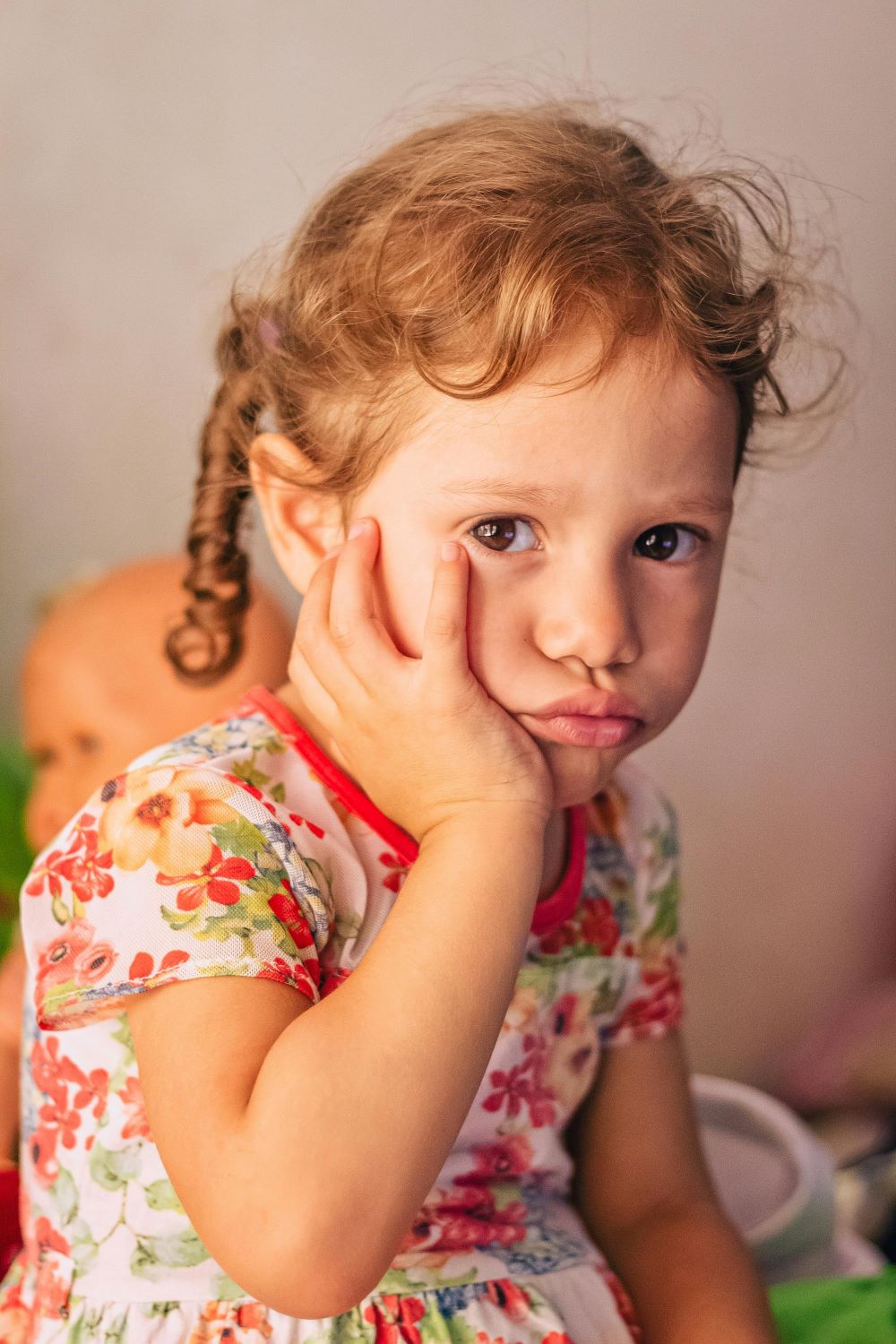Children with mental and physical disabilities experience high rates of maltreatment, difficulties in finding homes, and increased mortality rates in foster care.
Children with disabilities who enter the foster care system are significantly more at risk than their peers without disabilities. Recent research shed light specifically on high rates of maltreatment, difficulties in finding permanent homes, and increased mortality rates while in care. Given that many children in foster care placements have already experienced trauma prior to placement, and are thus more likely to be disabled, undergoing more difficulties while in care only compounds already existing issues and leads to poor outcomes.
The research analyzed data from the federal Adoption and Foster Care Reporting System covering approximately 3.24 million children aged 16 and younger from 2005 to 2019. The findings indicate that children with certain disabilities, such as intellectual disabilities, emotional disturbances, and physical disabilities, more like to have poor outcomes rather than positive ones like adoption or reunification with their biological families.
The study uncovered that children in foster care with disabilities are not only less likely to secure a stable home environment but also face a significantly higher risk of running away, being transferred to other agencies, or aging out without a permanent solution.
Dr. Jill D. McLeigh, the senior author of the study, expressed surprise at the severity of these disparities, stating, “We expected to find differential outcomes for children with disabilities, but the extent to which these risks were magnified across various disability types was striking. Children with physical disabilities and emotional disturbances faced notably higher mortality rates while in care.”

As the data shows, the intersection of disability and foster care complicates the pathways to permanency. Given that children in foster care have higher rates of disability, it is imperative for both child welfare and healthcare systems to work collaboratively to address the specific needs of these children and support their caregivers effectively.
Dr. Gunjan Singh, a presenting author of the study, emphasized the importance of this collaboration, saying, “Given that children in foster care have higher rates of disability, it is very important that the child welfare and healthcare systems work to address the needs of this highly vulnerable population and to provide support to their caregivers.”
The article, titled “Foster Care Involvement Among Youth With Intellectual and Developmental Disabilities,” concluded, “This study found that among youth with I/DD, Black youth and females faced higher risk for foster care involvement, and the likelihood of foster care involvement increased with age. Future research should shift toward elucidating risk factors for foster care placement among youth with I/DD, including co-occurring conditions, and the unique needs of this population, especially at the intersection of race, ethnicity, sex, and disability, are needed to advance health equity and ensure these groups are not left behind.”
Policymakers and child welfare advocates must prioritize creating targeted programs that address the unique needs of these children and prevent them from having poor outcomes. This includes providing specialized training for foster parents, increasing access to healthcare services, and developing comprehensive support systems that foster stability and security in the lives of children with disabilities. Additionally, there must be ongoing education and awareness initiatives to highlight the challenges these children face, thereby encouraging community engagement and support.
Addressing these issues is not merely a matter of policy; it is a moral imperative. Children in foster care deserve the same opportunities for stability, love, and growth as any other child. By recognizing and addressing the specific needs of those with disabilities, society can work towards a more inclusive and supportive system that truly serves all children.
Sources:
Children with disabilities in foster care face increased risk
Children in foster care with disabilities face significant challenges, research reveals
Foster Care Involvement Among Youth With Intellectual and Developmental Disabilities


Join the conversation!